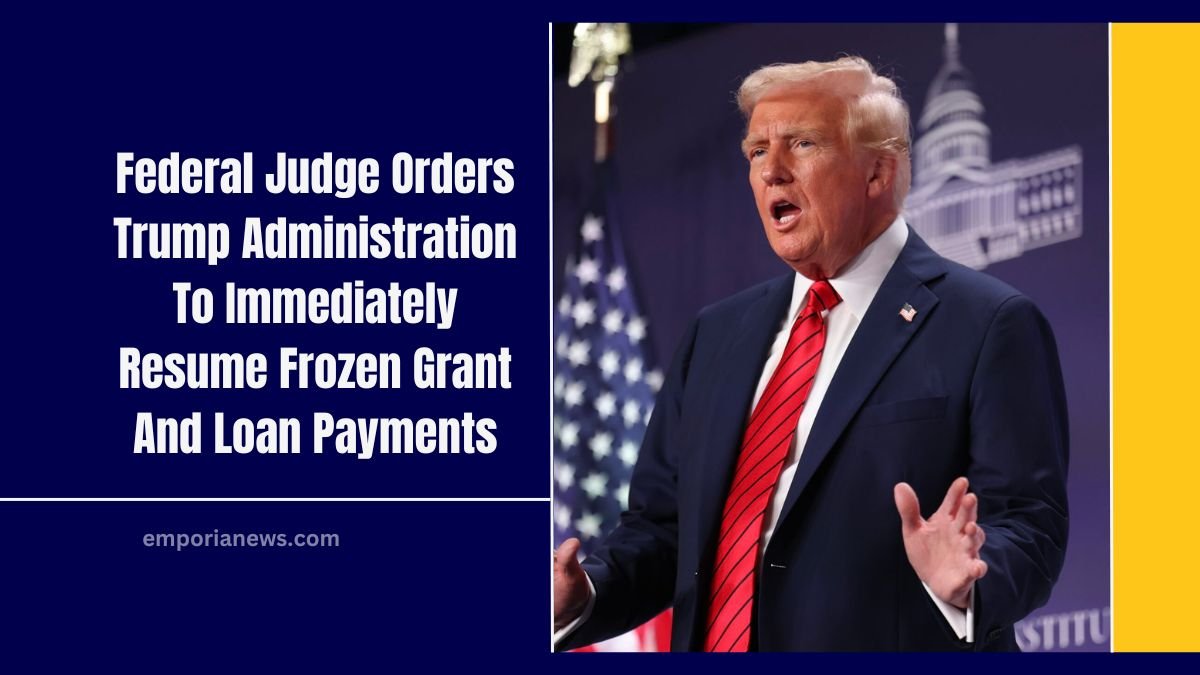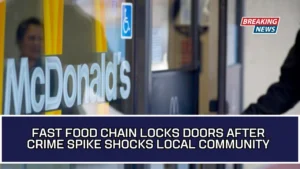In a significant legal development, a federal judge has mandated that the Trump administration immediately resume all grant and loan payments that were previously frozen.
This ruling addresses concerns that the administration had not fully complied with earlier court orders to lift the spending freeze.
Background of the Funding Freeze
On January 27, 2025, the Office of Management and Budget (OMB), under Acting Director Matthew Vaeth, issued a memorandum instructing federal agencies to “temporarily pause all activities related to obligation or disbursement of all federal financial assistance.”
The stated purpose was to review these programs to ensure alignment with President Trump’s policies, including recent executive orders targeting diversity, equity, and inclusion (DEI) initiatives.
While the memo exempted direct assistance programs like Medicare and Social Security, it led to widespread confusion about its scope and impact.
Legal Challenges and Court Orders
The funding freeze faced immediate legal challenges. A coalition of 22 states and the District of Columbia filed a lawsuit, arguing that the freeze was unconstitutional and violated the separation of powers by overriding congressional appropriations.
On January 31, 2025, U.S. District Judge John J. McConnell Jr. issued a temporary restraining order (TRO) blocking the freeze, stating that the OMB memo was “wide-ranging, all-encompassing, and ambiguous” and lacked legal authority.
Continued Non-Compliance and Recent Ruling
Despite the TRO, reports indicated that the Trump administration had not fully lifted the funding freeze.
In response, Judge McConnell issued a new ruling on February 10, 2025, emphasizing that the administration must “restore withheld funds” connected to the bipartisan infrastructure law, the Inflation Reduction Act, and the National Institutes of Health (NIH).
He stated that the broad, sweeping freeze of federal funds was likely unconstitutional and had caused irreparable harm.
Impacted Programs and Agencies
The funding freeze affected a wide range of federal programs and agencies. Notably, the NIH faced cuts that threatened ongoing medical research projects.
Additionally, initiatives under the Inflation Reduction Act and the Infrastructure Improvement and Jobs Act experienced funding halts, delaying projects aimed at clean energy and infrastructure development.
Administration’s Justification and Legal Repercussions
The Trump administration defended the funding pause as a necessary measure to prevent fraud and ensure that federal spending aligns with presidential priorities.
However, Judge McConnell found this rationale insufficient, noting that the freezes were a result of a broad categorical order rather than specific findings of potential fraud. He also hinted at the potential for contempt charges against officials defying his order.
| Date | Event |
|---|---|
| January 27, 2025 | OMB issues memo M-25-13, instructing a temporary pause on federal financial assistance. |
| January 28, 2025 | Legal challenges filed; initial court orders temporarily block the funding freeze. |
| January 31, 2025 | Judge McConnell issues a temporary restraining order against the funding freeze. |
| February 10, 2025 | Judge McConnell rules that the administration violated the TRO and orders immediate restoration of funds. |
The federal judiciary has reaffirmed the constitutional limits of executive power concerning federal spending. The recent ruling underscores the necessity for the administration to adhere to court orders and the separation of powers doctrine.
As the situation develops, it remains crucial for federal agencies and recipients of federal funds to stay informed about compliance requirements and the legal landscape governing federal financial assistance.




